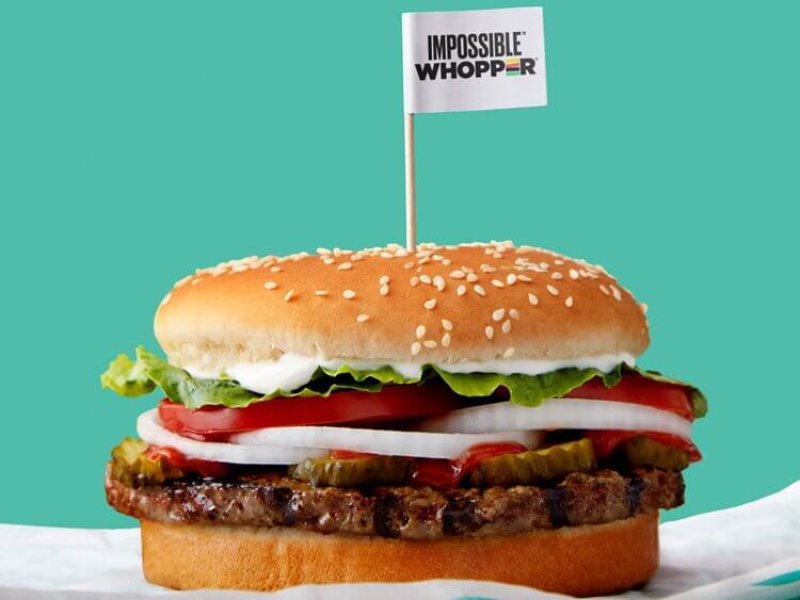Meat alternatives are mass-produced, processed imitations: “fake” foods. To borrow one of Michael Pollan’s rules for eating wisely, your “great-great-great grandmother” wouldn’t recognize them as food. The haters are right that “fake” meat is a bad fit for Chez Panisse but a great fit for Wendy’s. It’s no-time-to-cook drive-thru or drunk-at-2-am food, and it’s definitely “not going to deliver any terroir.”
But if you thought alternative proteins were an all-out vegan assault on the things you hold dear, fear not: The burger battles have riven the already fractious vegan community, with some hardline activists organizing against what they call the “clean meat hoax.”
That’s all a shame, because for all that they’re not, alternative proteins are marginally more healthy. A big critique is that these are processed, bad-for-you foods, but they’re no worse, and in many cases better, than what they are replacing—and at least for beef, incomparably less environmentally impactful than meat options available at restaurants, fast and slow.
What’s more, mass uptake by fast food restaurants would help further scale and lower costs for alternative proteins. It would also propel research and development that could slash GHGs and improve the nutritional profile of meat alternatives, and speed along the development of cellular agriculture. Unlike foodies’ delusional nostalgic agrarianism and unrealistic calls to “deindustrializ[e] and decentraliz[e] the American food system,” pragmatism tells us that big problems demand big solutions.































